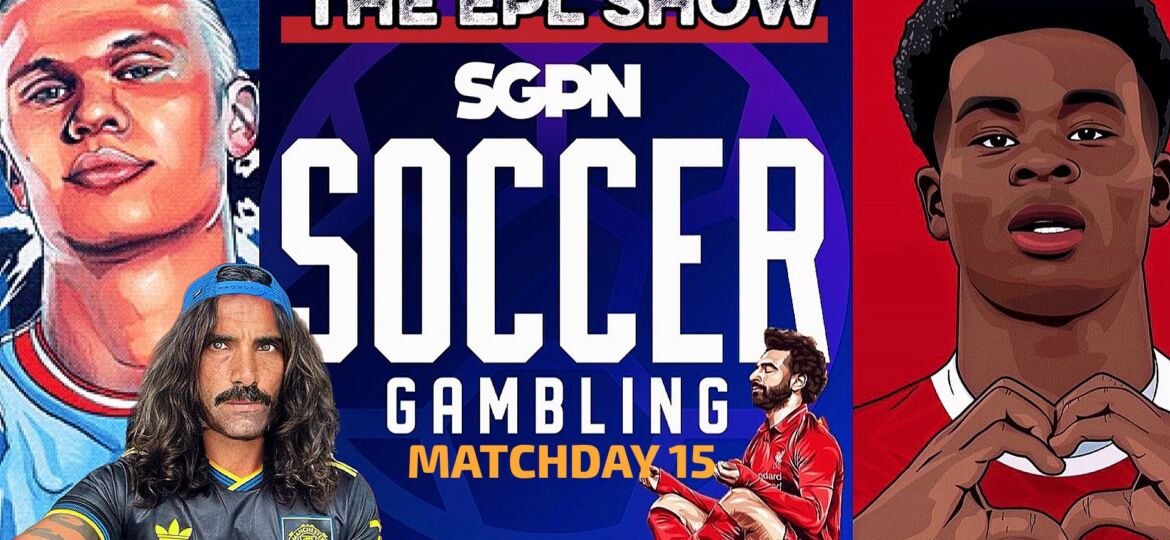
Some research points to overlapping psychological drivers—losing streaks, stubbornness about chasing losses, wishful thinking about favorable outcomes—that connect these gambling activities. Maybe it’s not so surprising, then, that casino platforms notice very similar behaviors in both sports bettors and slot players, even if the games themselves look quite different on the surface.
Cognitive Biases Push Players to Keep Going
In both worlds—sports betting and slots—it’s remarkable how certain biases seem to mess with clear-headed choices. For instance, the gambler’s fallacy often comes into play: some folks really feel like an improvement is waiting just around the corner after hitting a cold streak. Overconfidence is another factor; plenty of bettors and slot enthusiasts believe they can beat the odds if they just keep going. There’s this 2023 Immunize Nevada report suggesting that loss aversion also plays a central role people chase after previous losses by increasing bet size, believing recovery is just one spin or wager away.
Once that cycle starts, it tends to stretch sessions much longer than planned—and wallets sometimes end up feeling it. Even with slots that rely on randomness, players invent stories of “hot” machines or attribute lucky streaks to skill (which, when you think about it, is kind of funny). A similar story unfolds with sports betting: all that supposed “insight” and analyzing can lead people back to risky bets, over and over. It seems these vulnerabilities benefit the platforms most, since, in the end, they often keep people playing and often spending more.
Dopamine and the Pull of Fast Rewards
Stimulation of the brain’s reward circuitry underpins the appeal of both sports wagering and online slots online, forging a fundamental link between these activities. That shot of excitement you get expecting a favorable outcome? It’s often about the possibility, not even the outcome itself, and—if you believe the APA—it may boost those feel-good chemicals that prompt you to keep chasing the feeling. Fast feedback makes everything more intense: online slots spit out results in seconds, and suddenly it’s easy to lose track of how many times you’ve spun the reels. Even sports betting has picked up the pace with live, in-game options, so bets are resolved almost as quickly—sometimes too quickly for comfort.
There was a recent study in The International Gambling Studies Journal (2022, if memory serves) mentioning how these rapid-fire bets appeal to impulsive or sensation-seeking types. It’s not just about the money, clearly. Over time, constantly chasing those dopamine bumps seems to make it harder to take a step back, especially when things aren’t going well. Some folks may stay in for just one more spin…and then one more after that.
Impulse, Illusion, and Rising Stakes
Now, the way these platforms are designed? It’s hard to ignore how slots and sports betting both invite people to act on impulse. Most modern online slots almost invite quick, automatic play—it’s what some psychologists call “habit loops,” and it’s not a stretch to see why. Studies available through the National Institutes of Health make the case that nonstop betting opportunities tend to ramp up knee-jerk reactions, especially after players lose and emotions are running high. The illusion of control is pretty stubborn: sports bettors might feel certain their research will pay off, while slot players cling to lucky charms or patterns, even knowing, somewhere deep down, the outcomes are entirely random.
There’s another detail—maybe less talked about—that crops up a lot: separating gambling “credits” from real-world money. Researchers have noticed that using bonuses or promotions can trick people into spending more loosely, almost as if it isn’t actual cash at stake. It makes sticking to a budget tougher, so things can escalate faster than intended, sometimes making gambling riskier than anyone planned.
Digital Access and Psychological Triggers
If you’ve noticed the explosion of mobile gambling, you’re probably not alone. Having games and bets available anytime, anywhere? That changes the landscape, ramping up certain risk factors without much warning. Both sports betting and online slots, from what I’ve seen, take advantage of this—apps now offer instant deposits, slick designs, and they’re open for business all day, every day. A piece from Psychology Today suggests these streamlined setups lower psychological barriers, making it a lot easier for people to stay glued to a screen.
Live sports betting is now so granular, you could end up placing dozens or even hundreds of bets during a single match—it sort of mimics that non-stop spin-click-spin cycle from slot games. Anticipation stays high, even when losses pile up. Push notifications and bonuses just keep the cycle going. When you pair this constant access with less time to pause or reflect, especially for people vulnerable to impulsive decisions, risky patterns may form before anyone even realizes.
Ways to Regain Control Amid the Hype
So what now? The connection between slot play and sports betting strategies really highlights the importance of having some guardrails in place. Studies generally acknowledge that spotting your own mental biases, regulating impulses, and understanding that reward loop can make a real difference. Things like setting hard time limits, strict deposit caps, or using reminders within the game—these techniques are believed to help, although nothing is completely foolproof.
Many industry groups and health advocates push for self-exclusion tools or educational content to nudge people toward moderation. Still, it’s surprisingly easy—even for those who think they’re experienced—to get caught up by the thrill and forget about potential pitfalls. Staying a bit skeptical, keeping a level head, and maybe questioning your own habits, that seems to be the best chance anyone has to keep gambling activities rather than risky. And, honestly, it probably can’t hurt to take breaks more often than you think you need them.





















